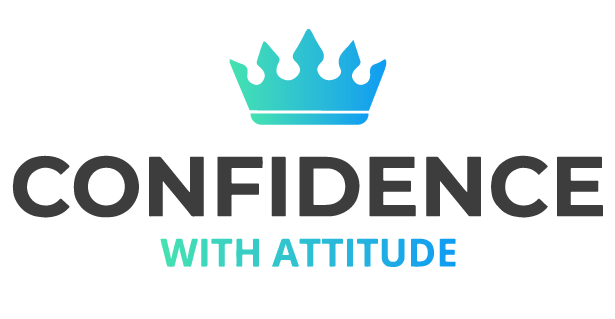How to Be More Productive as an Attorney: 7 Proven Strategies Backed by Science

By: Hon. Evelyn Laporte | Coach for Attorneys | Coach for Lawyers
If you’re a busy attorney juggling court appearances, client communication, case research, and administrative tasks, you already know that time isn’t just money—it’s your reputation. But true productivity isn’t about doing more; it’s about doing what matters better.
In this post, we’re sharing 7 science-backed productivity strategies that will help you maximize your efficiency without burning out. Whether you’re a solo practitioner, work in an office or in a firm, these tips will help you sharpen your focus, streamline your workflow, and reduce unnecessary stress.
Master the Power of Time Blocking
Time blocking means assigning specific blocks of your calendar to particular tasks. For attorneys, this might include setting aside time for client calls, drafting, research, and even admin work.
Why it works: A study by the American Psychological Association confirms that multitasking significantly reduces productivity and increases cognitive fatigue. Time blocking reduces decision fatigue and keeps your mental energy focused on one task at a time.
📝 Pro Tip from Confidence Coach Evelyn J. Laporte: “Don’t just block time for work—schedule time for recovery too. Your brain needs breaks to function at its best.”
Use the Eisenhower Matrix for Case Prioritization
Also known as the Urgent-Important Matrix, this tool helps attorneys categorize tasks into four quadrants: urgent and important, important but not urgent, urgent but not important, and neither.
🔍 Resource: Dwight Eisenhower’s productivity method is explained in detail on Todoist.
This has helped me streamline and balance both my professional responsibilities and personal life.
Why it works: It helps you focus on high-impact activities like trial prep and client strategy instead of reacting to low-value emergencies.
Leverage Legal Tech Tools
From document automation to AI-based research platforms like Casetext or Lexis+, legal tech can drastically reduce the hours spent on repetitive or manual tasks.
Feel free to test different tools and stick with what suits your workflow the best.
Group Similar Tasks to Minimize Context Switching
Jumping from research to emails to drafting within the same hour can drain your focus and efficiency. Instead, group similar tasks together—such as blocking time specifically for legal writing, calls, or client updates. For example, try checking and responding to emails only twice a day: once in the morning and again in the late afternoon.
We all get inundated with emails every day, and it can quickly become overwhelming. To stay productive, identify which messages are most important and prioritize those for response. Let the rest wait until your scheduled email time.
Why it works: According to Harvard Business Review, context switching can reduce productivity by up to 40%. Deep, meaningful work requires uninterrupted blocks of focus—and batching helps preserve that flow.
Outsource Administrative Tasks
Many attorneys spend valuable hours on time-consuming administrative work—such as scheduling appointments, data entry, client intake, and document management. While these tasks are necessary, they don’t directly contribute to billable hours or revenue growth, and they often pull focus away from more critical responsibilities.
To reclaim your time and focus on high-value legal work, consider using tools to streamline your workflow and reduce your daily load.
Why it works: Delegating non-core tasks frees you to concentrate on strategy, client relationships, and courtroom preparation—where your legal expertise delivers the greatest value.
Create a Pre-Court Ritual for Mental Clarity
Before entering the courtroom, have a ritual that grounds you—such as reviewing your notes, a short meditation, or deep breathing. This habit builds confidence and focus.
Track Your Energy, Not Just Your Time
Most attorneys know when they have to work—but not when they should. Notice your high-energy windows and schedule demanding work during those periods.
Productivity is a skill, not a personality trait. The most successful attorneys aren’t necessarily the busiest—they’re the ones who’ve learned to align their work with their strengths, systems, and energy. Start small: implement just one of these tips this week and build from there.
🔗 Sources:
- American Psychological Association: Multitasking
- Harvard Business Review: A Plan for Managing Interruptions
- ABA Journal: Mindfulness for Lawyers
Want personalized help creating a productivity plan tailored to your legal career?
👉 Book a free coaching session with retired NYS Supreme Court Justice Evelyn J. Laporte today.
and take your first step toward sustainable success.




